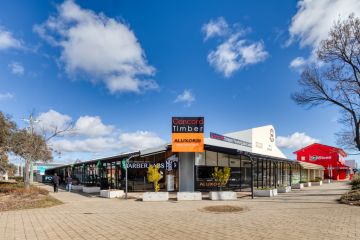Renters don't need luxury: New data finds they just want air-conditioning
With summer on the horizon, “air-conditioning” has ranked in the top five most-searched rental keywords in nearly every major Australian city – yet most landlords aren’t prioritising it.
New analysis by Domain showed that when buyers are house-hunting, they’re searching for property on the waterfront, houses with views, pools, granny flats and heritage features.
But renters? Their top priority is air-conditioning.
“Air-conditioning” has been the most popular search term among renters in Sydney and Adelaide this year, and the second-most popular search word in Brisbane and Perth.
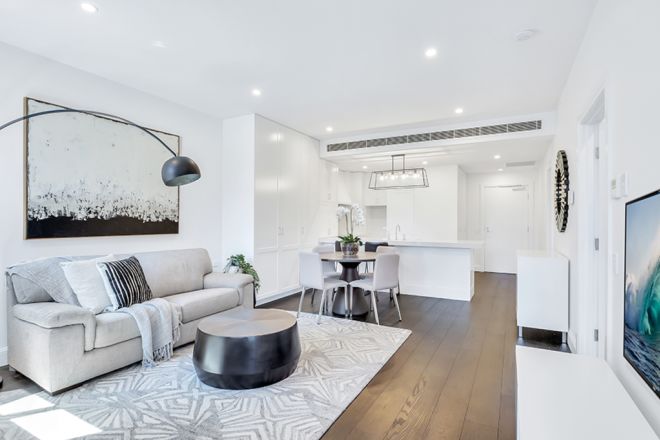
Melbourne and Canberra renters were the exception – in Melbourne, it ranked fifth, and in Canberra, not at all.
In Adelaide, the demand for air-conditioning surged by 751 per cent, climbing from 17th place in 2024 to the number one spot in 2025, according to Domain.
Yet analysis shows only 35 per cent of rental listings include air-conditioning. This highlights the disconnect between renter expectations and investor priorities, says Domain chief of research and economics Dr Nicola Powell.
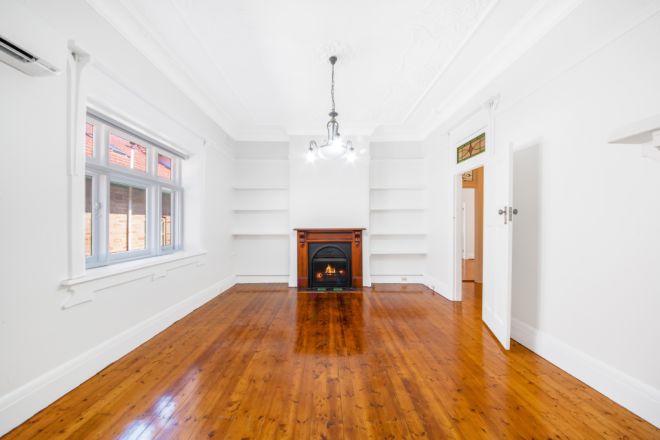
As temperatures continue to soar, heating and cooling amenities in the home are non-negotiables when it comes to livability, she says.
“Renters are clearly signalling what they want and need – and as temperatures rise, air-conditioning is no longer a luxury, it’s a necessity,” Powell says.
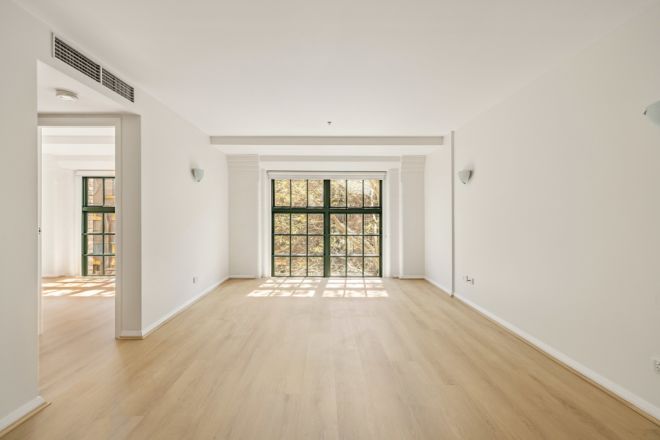
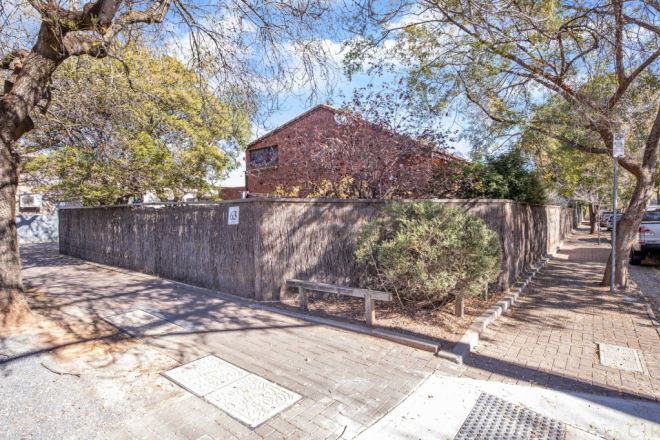
“Climate is a real reflection in certain keywords, and that air-conditioning is a powerful one rising through those cities that are hotter really does reflect that comfort is a non-negotiable.”
Powell says there are many locations across Australia where air-conditioning can make or break the livability of a home.
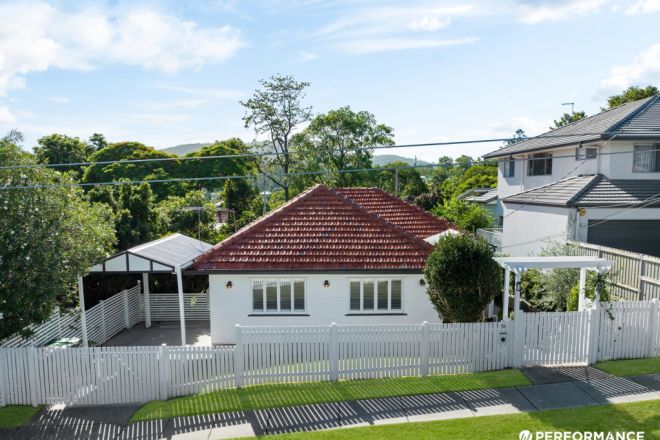
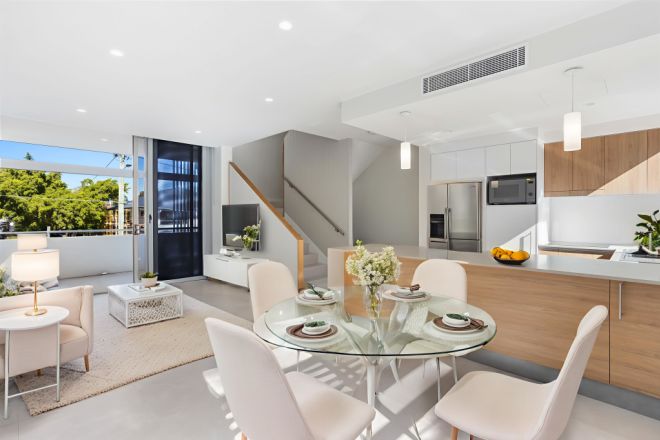
“Some landlords actually risk overlooking the comfort of a unit, an apartment or a house, but actually for a tenant what you tend to find is these comfort additions are really important in deciding which lease to actually take.”
The Victorian government’s recent announcement of minimum energy-efficiency standards for rental properties is a step in the right direction, says Damien Patterson, director of policy, advocacy and engagement at Tenants Victoria.
“It’s recently been announced that air-conditioning will become a minimum standard for rental properties from 2027,” he says. “That really goes to show how it’s really become an expectation and one of the base-level standards that you need in order to make sure that a home is livable.
“When a home is sweltering through the summer, it can impact your sleep, which can impact your health – it goes to your entire quality of life, so this has really become something that renters do expect.”
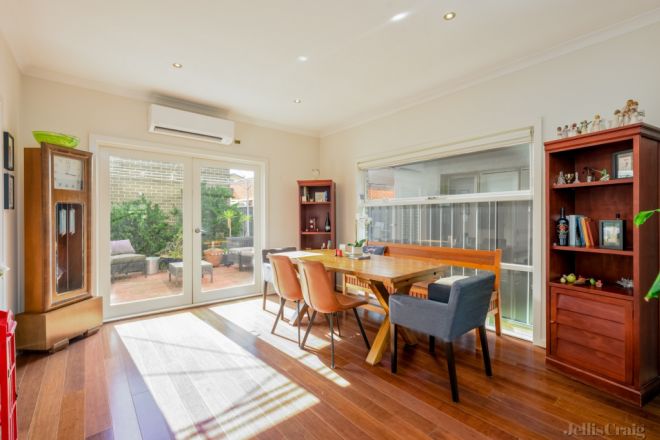
From March 1, 2027, all new leases in Victoria will require properties to have a compliant cooling system installed.
In Sydney, “air-conditioning” was the most-searched key term among renters on Domain for the last two years running, which indicates the need for year-round comfort, says Chantelle Collin, head of property management at BresicWhitney.
“Tenants are looking for homes that can have positive impacts on their quality of life and their lifestyle,” she says.
“The increase [in demand] is indicative of health and wellness being viewed more holistically than it’s ever been and the role that our homes play within that.”
Beyond “air-conditioning”, the search term “university” ranked in the top three most popular search terms in the six capital cities analysed, and took the number one spot in Melbourne and Canberra.
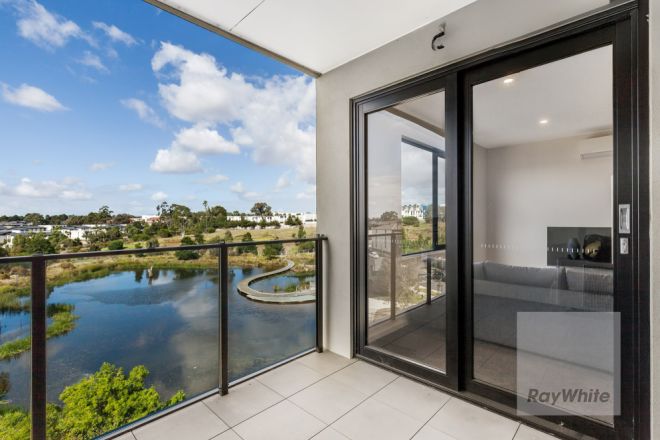
The widespread popularity of university as a key search term among renters indicates this isn’t a trend isolated to just one city, Powell says.
“It really reflects renters clustering around those educational hubs, and if you’re going to university, a larger portion is going to be renting,” she says.
“This illustrates that the big bulk of renters are actually students … clustering around those educational hubs, and how important it is in the fabric of our rental space in our major capital cities.”
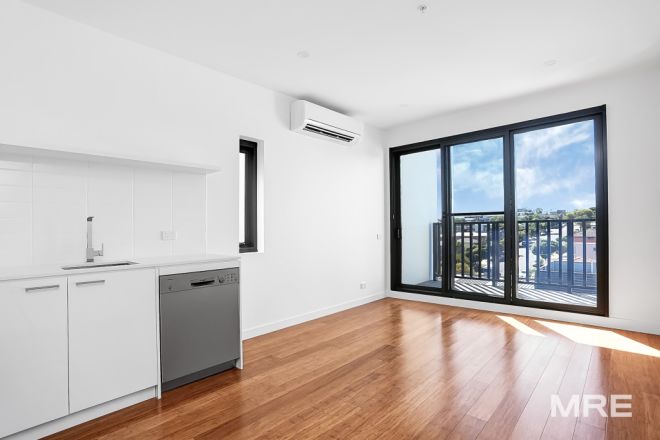
The demand for university-adjacent rentals highlights the need for affordable rentals, Patterson says.
“It really shows how important it is to make sure that there are affordable options right across … the country because often, university students are on low incomes,” he says.
Patterson adds that the popularity of “university” as a key search term may also extend to staff and the desire to live near where they work.
“Whether you’re at a university or whether the search term is something more associated with your work, it shows that impulse that people want to live near where they work,” he says.
We recommend
We thought you might like
States
Capital Cities
Capital Cities - Rentals
Popular Areas
Allhomes
More
- © 2025, CoStar Group Inc.






